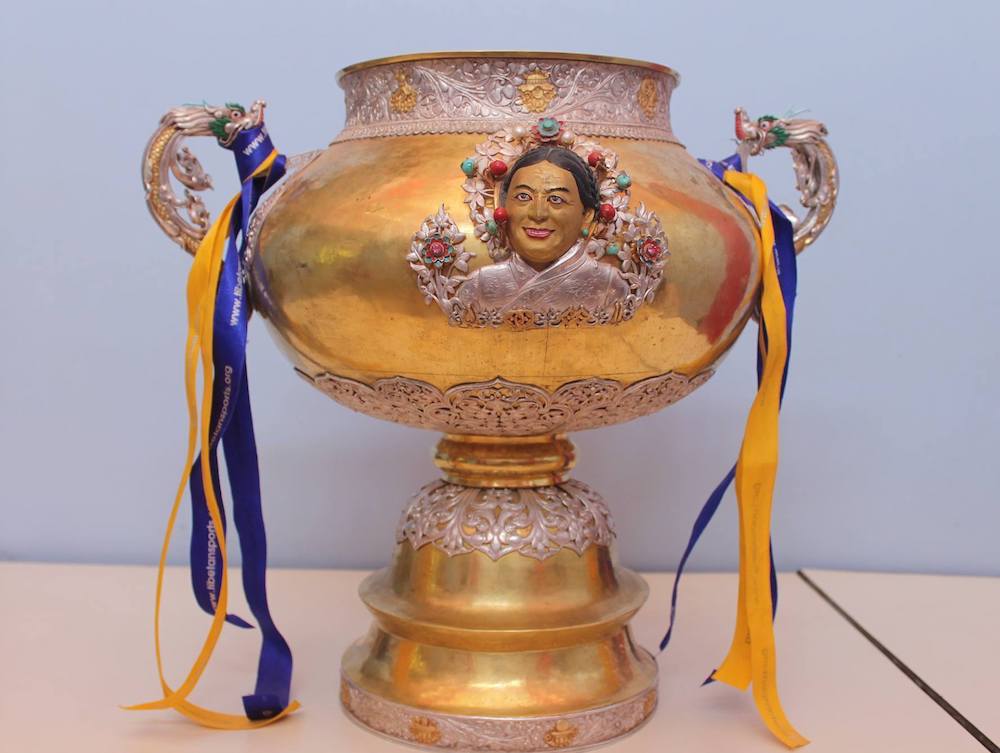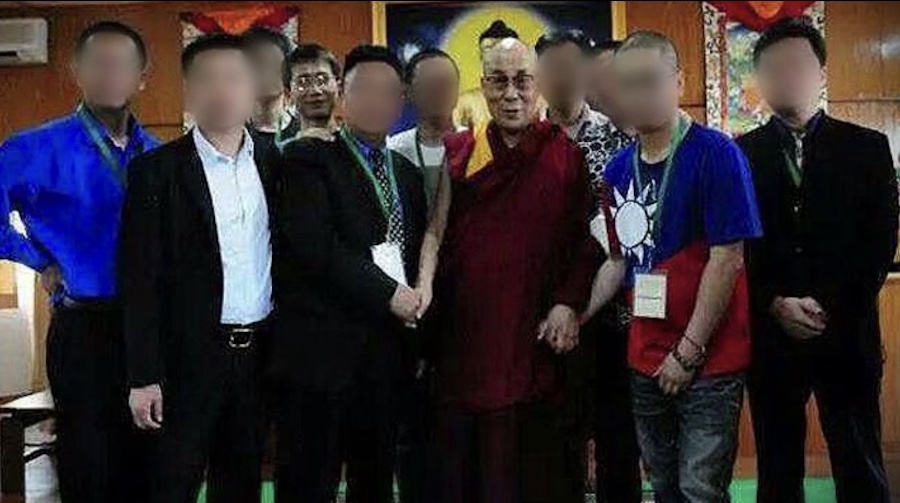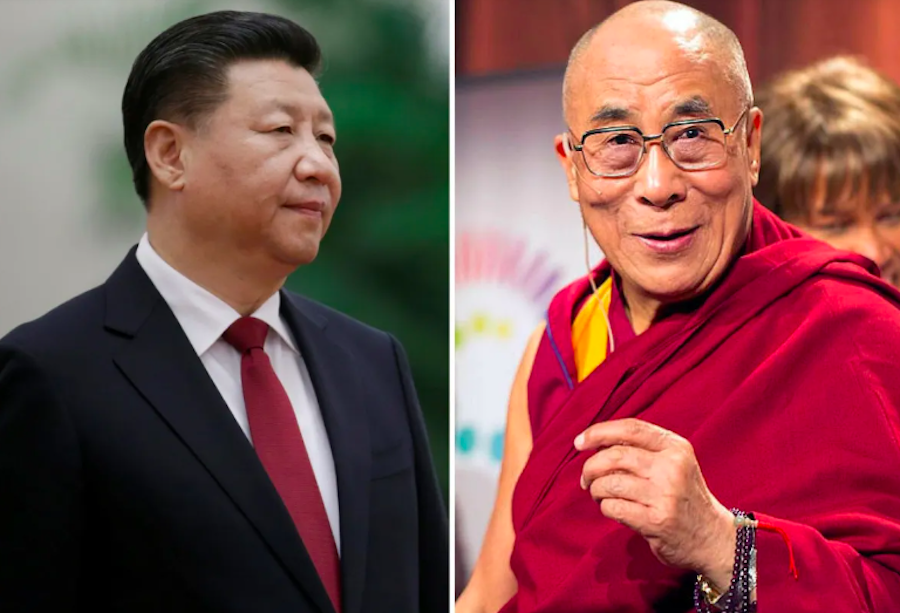By Tenzin Dharpo
 DHARAMSHALA, June 2: The National Endowment for Democracy (NED), a US Non-Profit organization that provides fund for democracy movements around the world, will host the Tibetan spiritual leader His Holiness the Dalai Lama on June 15 in Washington DC for a discussion with a panel of activists and to posthumously felicitate the Tibetan philanthropist and activist leader Tulku Tenzin Delek who died last year in a Chinese jail.
DHARAMSHALA, June 2: The National Endowment for Democracy (NED), a US Non-Profit organization that provides fund for democracy movements around the world, will host the Tibetan spiritual leader His Holiness the Dalai Lama on June 15 in Washington DC for a discussion with a panel of activists and to posthumously felicitate the Tibetan philanthropist and activist leader Tulku Tenzin Delek who died last year in a Chinese jail.
NED, while recognizing the Dalai Lama as a figure engaged in promulgating democracy and opposing the adverse for many decades, said, “We are delighted to welcome His Holiness to NED where he will engage in conversation with four dynamic young activists who believe deeply in the principles of democracy and human rights and are working in extremely difficult environments to advance those rights and principles.”
The discussion at the event will feature a panel of young activists striving for democratic values and human rights interact with the Tibetan leader known for his advocacy in the same field. Rosa Maria Payá, head of the Cuba Decides campaign, which calls for the Cuban government to allow free and fair elections, will be accompanied by Azaz Elshami, a Sudanese digital activist pushing for human rights and gender equality, Rami Soud, Jordanian activist and the Executive Director at Success Network 21 and Arzu Geybullayeva, a freelance journalist from Azerbaijan focusing on human rights violations and democracy issues in Azerbaijan.
Late Tulku Tenzin Delek will be posthumously felicitated with the ‘Democracy Service Medal’ in recognition of his unparallel contribution for opposing totalitarian regime inside Tibetan and in fighting for the rights of common Tibetans inside Tibet.
The late Buddhist religious leader and a social worker first came under Chinese government’s scrutiny in 1987 when he returned from India after meeting with the Dalai Lama. As a spiritual leader, Rinpoche’s influence extended far beyond. But it was his strong advocacy for Tibetan cultural identity and Tibet’s environment that posed serious threat to China’s legitimacy in Tibet. His efforts in conserving Tibet’s environment by speaking against slapdash logging and mining projects, construction of old people’s home and setting up of schools for orphans made him not just a spiritual leader but an environmental advocate, social activist and a visionary. His arrest and demise, NED believe, was, “the culmination of a decade-long effort by Chinese authorities to curb his efforts to foster Tibetan Buddhism. Tenzin Delek was an inspiration for Tibetans struggling to retain their cultural identity in the face of China’s harsh policies.”
The United States agency that assists various nongovernmental organizations in the Tibetan exile community will also recognize the democratic accomplishments of the Central Tibetan Administration at the event.









